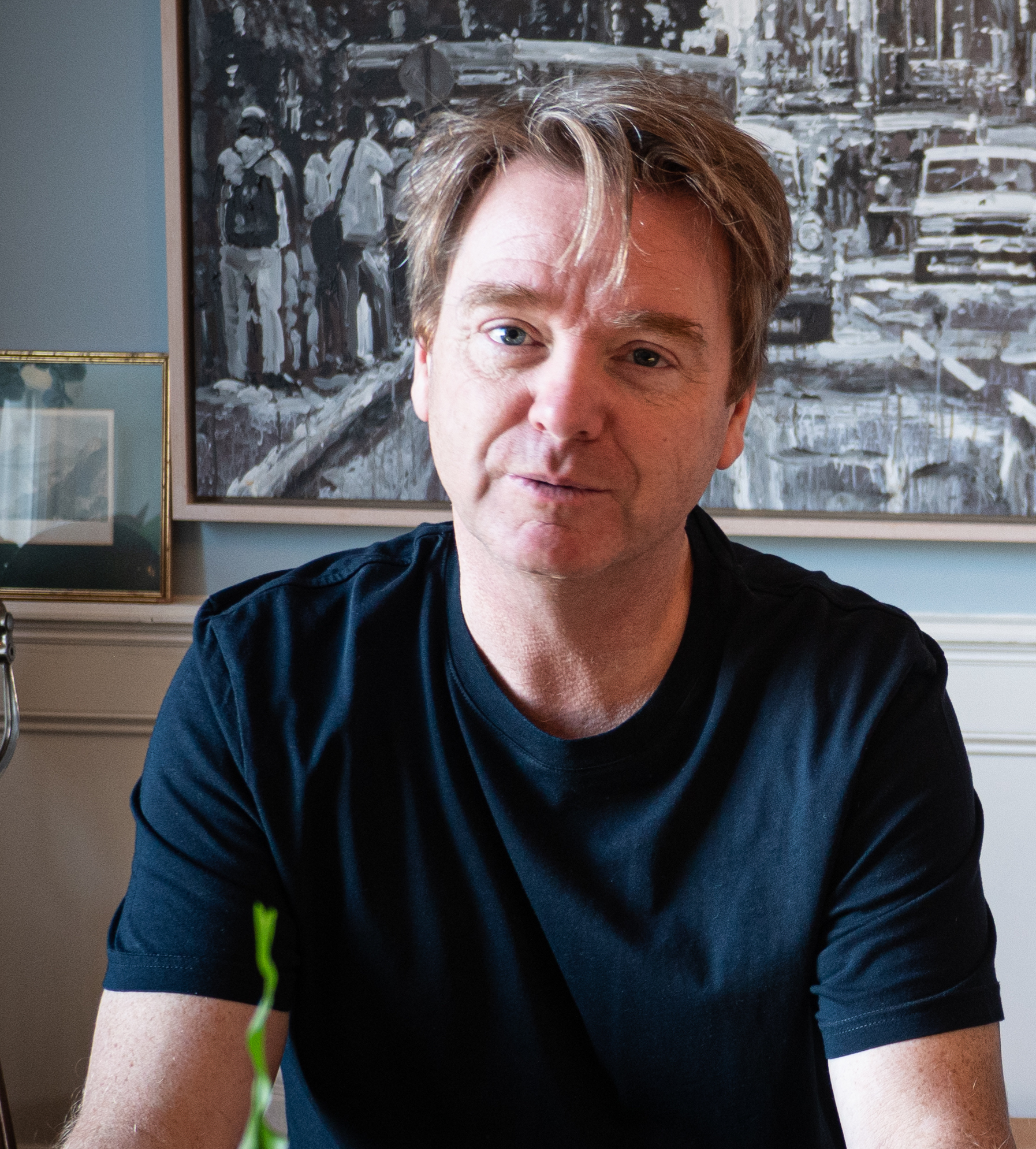
Discover the world of David McWilliams, a top-ranked economist, author, and broadcaster known for his unique blend of humor and insight in making complex economic issues accessible and engaging to a global audience.
David McWilliams stands out in the world of economics, not just for his notable position as the 10th most influential economist globally but for his unique approach to demystifying complex economic concepts. An adjunct professor at Trinity College Dublin, McWilliams combines his academic prowess with real-world experience to offer unmatched insights into global economics, financial markets, and the intersection of culture and economic policy.
From his early days at the Irish Central Bank to his influential positions at UBS and Banque Nationale de Paris, McWilliams’ career has been as varied as it is impressive. His work as an economist, author, journalist, documentary-maker, and broadcaster has shaped his perspective, allowing him to provide forecasts and insights that resonate with a global audience. Notably, he was one of the few to accurately predict major economic events, including the 2008 global crash, the strong UK Brexit vote, and the Trump victory.
McWilliams doesn’t just dwell in academic circles; he reaches out to the public through various mediums. His economics podcast consistently tops charts in Ireland and the UK, while his co-founded Kilkenomics festival combines economics with stand-up comedy to critical acclaim. The Dalkey Book Festival and his engagement as a Young Global Leader at the World Economic Forum at Davos further exemplify his commitment to spreading economic knowledge and fostering discussion.
As an author, McWilliams has penned several bestsellers, with “The Pope’s Children” being notably the best-selling nonfiction in Ireland. His ability to weave humor and relatability into economic narratives sets him apart, earning praise from peers and readers alike. His extensive following on social media and contributions to publications like The Irish Times and the Financial Times reflect his status as a thought leader in economics.
In his quest to make economics accessible, McWilliams has launched an online course “International Trade and Money” and a series of animated videos under the banner of Punk Economics. These initiatives have reached millions, showcasing his dedication to educating and engaging the public on economic matters. His speeches, often filled with wit and unconventional wisdom, challenge audiences worldwide to innovate and think differently about economics and its impact on society.
David McWilliams continues to influence and educate, breaking down economic barriers with his humor and insight. For those looking to delve deeper into the world of economics or seek a speaker who brings a refreshing perspective to financial topics, David McWilliams is a beacon of knowledge and engagement. Discover more about his work and how he can inspire your next event by visiting our contact page.
“The Event was remarkably successful with over 600 attendees … David’s participation certainly enhanced the profile of our line-up of international speakers.”
“I can honestly say that the feedback was extremely positive and if you saw our photos of the attendees and their reaction to David’s speech you would see how much they enjoyed it. Certainly in my discussions with our guests the concept identified by David of the “Good Room” really resonated with them. It is a real skill/art form to speak without any prompts for over an hour in such an engaging way so please send David on our thanks for his contribution.”
“David’s presentation was perfectly pitched and brought exactly what we had hoped…delivered with wit and intelligence in an engaging and entertaining style.”
“The Event was remarkably successful with over 600 attendees … David’s participation certainly enhanced the profile of our line-up of international speakers.”
National Bank of Abu Dhabi
“I can honestly say that the feedback was extremely positive and if you saw our photos of the attendees and their reaction to David’s speech you would see how much they enjoyed it. Certainly in my discussions with our guests the concept identified by David of the “Good Room” really resonated with them. It is a real skill/art form to speak without any prompts for over an hour in such an engaging way so please send David on our thanks for his contribution.”
W&R Barnett Ltd
“David’s presentation was perfectly pitched and brought exactly what we had hoped…delivered with wit and intelligence in an engaging and entertaining style.”
Invesco Perpetual

Based out of Amsterdam, over the past quarter century we have a built a global network that allows us to connect our clients to the most relevant and engaging experts and thought leaders who inspire, educate, challenge and entertain their audiences around the world both on stage and in live and recorded online events.
Contact
Links
2023 - © Speaker Ideas